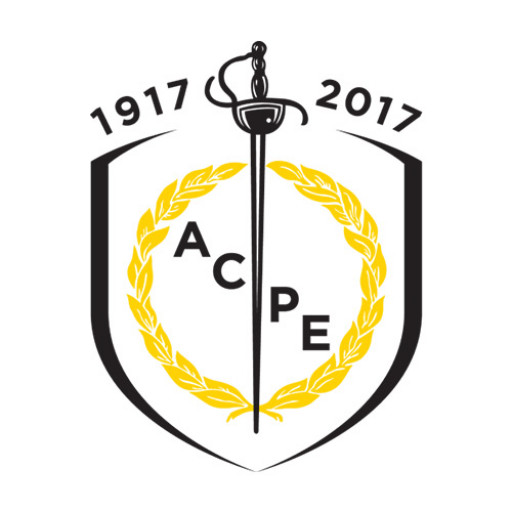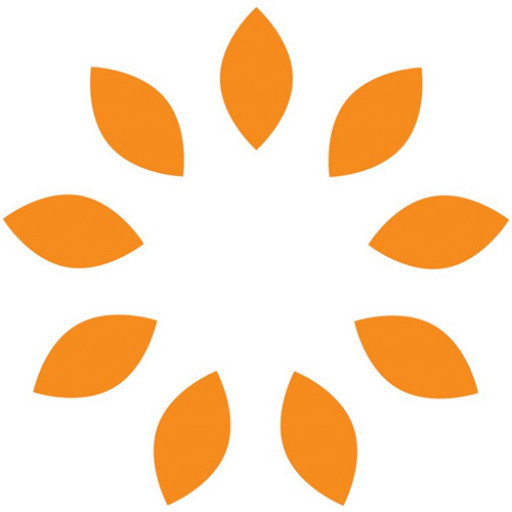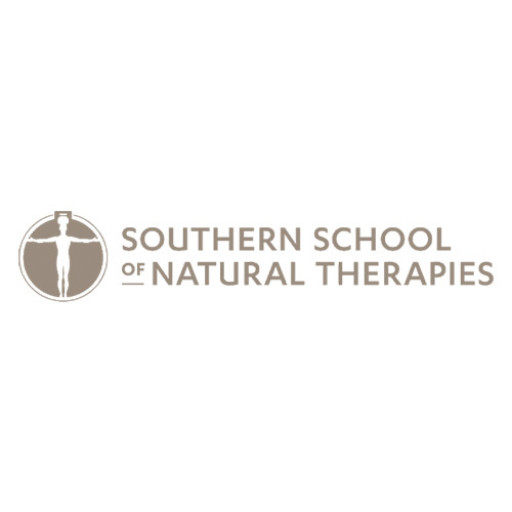The Bachelor of Health and Movement at the Australian College of Physical Education is a comprehensive undergraduate program designed to prepare students for a diverse range of careers in health, fitness, sports science, and movement sciences. This degree combines foundational knowledge in human physiology, biomechanics, health promotion, and sport management with practical skills through hands-on learning and industry placements. Students will explore key areas such as exercise physiology, sports nutrition, injury prevention, and rehabilitation, enabling them to promote health and wellbeing across various populations. The curriculum emphasizes evidence-based practice and critical thinking, equipping graduates to work effectively with individuals and communities to improve physical health and movement capabilities. The program also integrates leadership development, communication skills, and ethical considerations relevant to health and sports industries. With access to state-of-the-art facilities and experienced academic staff, students engage in interactive learning experiences that foster innovation and professional growth. The Bachelor of Health and Movement prepares graduates for diverse roles including fitness trainer, sports scientist, community health worker, or rehabilitation specialist. Designed to meet industry standards and emerging trends, this program offers electives and specialization options to tailor the degree to students’ career aspirations. Graduates will be well-positioned to pursue further studies or enter the workforce as competent, confident professionals committed to enhancing health and movement across all age groups and populations.
The Bachelor of Health and Movement at the Australian College of Physical Education is a comprehensive undergraduate program designed to equip students with the knowledge and skills necessary to promote health, wellness, and physical activity across diverse populations. This program integrates theoretical learning with practical application, focusing on areas such as exercise science, sports performance, rehabilitation, and health promotion. Students will explore the fundamental principles of human movement, anatomy, physiology, and biomechanics, enabling them to understand the complex interactions between physical activity and health outcomes.
Throughout the course, students engage in hands-on learning experiences, including practical workshops, internships, and community projects, which prepare them for real-world settings. The curriculum emphasizes evidence-based practices, ensuring graduates are capable of designing, implementing, and evaluating programs that improve physical health and wellbeing. Specializations within the program may include sports coaching, personal training, physiotherapy support, and community health initiatives, allowing students to tailor their education towards their career interests.
In addition to technical expertise, the Bachelor of Health and Movement fosters skills in communication, leadership, teamwork, and problem-solving. These competencies are essential for working effectively in multidisciplinary health and sports environments. The program also encourages research literacy, enabling students to critically analyze current trends and innovations in health and movement sciences.
Graduates of this program are well-prepared to pursue diverse career pathways, including roles in health promotion organizations, sports clubs, fitness industry, rehabilitation centers, and community health programs. Many alumni go on to further study or pursue certifications that enhance their professional qualifications. The Australian College of Physical Education's focus on practical experience ensures that students graduate with a strong foundation to support the health and movement sectors and make meaningful contributions to community wellbeing and individual performance.
Program requirements for the Bachelor of Health and Movement at the Australian College of Physical Education include completing a structured curriculum designed to prepare students for diverse careers in health, fitness, and sports science. Students must undertake foundational courses in anatomy, physiology, biomechanics, and exercise science to develop a comprehensive understanding of the human body and movement principles. The program emphasizes practical, hands-on learning through supervised internships and laboratory work, enabling students to apply theoretical knowledge in real-world settings. Additionally, students are required to complete modules in nutrition, health promotion, and sports management, fostering a holistic approach to health and movement sciences. The curriculum also incorporates research components, encouraging students to engage in independent investigations and contribute to evidence-based practices in their future professions.
To graduate, students must accumulate a specified number of credit points across core and elective units, typically spanning over three to four years of full-time study. There are mandatory industry placement hours, designed to enhance employability skills and professional readiness. The program adheres to accreditation standards set by relevant industry bodies, ensuring graduates meet professional competencies required for employment. Students are also expected to participate in regular assessments, including written exams, practical demonstrations, and project work, to evaluate their understanding and application of the material covered. Continuous professional development and participation in relevant workshops or seminars are encouraged but not compulsory. Overall, the program aims to produce qualified health and movement practitioners capable of contributing effectively to community health, sports organizations, and rehabilitation services.
The Australian College of Physical Education offers a range of financing options for students enrolled in their Health and Movement degree programs. Prospective students can explore various financial assistance opportunities to support their studies, including government-supported schemes, scholarships, and payment plans. The most common form of financial aid available to domestic students is the Commonwealth Supported Place (CSP), which subsidizes part of the tuition fees, reducing the overall financial burden. Students may also be eligible for HECS-HELP assistance, enabling them to defer payment of their tuition fees until they reach a certain income threshold after graduation. For international students, tuition fees are paid upfront or through designated payment plans, with costs varying depending on the specific program and duration of study. The Australian College of Physical Education also provides a range of scholarships based on merit, equity, or specific criteria such as leadership and athletic achievement, which can significantly offset tuition expenses. Additionally, financial aid options through private loans or external funding bodies may be available, although students are advised to carefully review the terms and eligibility requirements of such programs. The institution encourages prospective students to contact the admissions office for detailed information about current fees, available financial assistance packages, and application procedures. Furthermore, the college often advises students to explore external scholarship opportunities and to consider part-time work options to help manage their expenses. International students seeking to study the Health and Movement programs should also investigate visa-specific financial requirements and associated costs. Overall, the Australian College of Physical Education is committed to ensuring that students have access to a variety of financial support mechanisms to facilitate their education and professional development in health and movement sciences.
The Bachelor of Health and Movement at the Australian College of Physical Education (ACPE) is a comprehensive undergraduate program designed to equip students with essential knowledge and practical skills in the fields of health, exercise science, sports management, and movement. The program aims to prepare graduates for diverse career opportunities within the health and fitness industries, including roles such as fitness trainers, exercise physiologists, sports coaches, health educators, and wellness consultants. The curriculum integrates theoretical studies with hands-on practical training, enabling students to develop a deep understanding of human anatomy, physiology, biomechanics, and exercise programming. Additionally, students explore areas like nutrition, injury management, sports psychology, and sports management, providing a well-rounded education that addresses both individual health and broader sports industry needs. The program also emphasizes leadership, communication skills, and professional practice, fostering graduates’ ability to work effectively with diverse populations and in multidisciplinary teams. The college's facilities include state-of-the-art gyms, fitness labs, and simulation rooms, offering students real-world experience during their coursework. Upon graduation, students are prepared to pursue careers in health promotion, personal training, sports administration, and allied health services. The program may also incorporate internships or industry placements, enabling students to apply their knowledge in practical settings and build professional networks. The educational approach at ACPE is focused on student-centered learning, encouraging active participation and experiential learning. Students benefit from experienced faculty members who are professionals in their fields, as well as opportunities for ongoing professional development through workshops, seminars, and industry events. The Bachelor of Health and Movement reflects the college's commitment to fostering innovative, evidence-based practices in health and physical education, ensuring graduates are well-equipped to contribute positively to the health and wellbeing of individuals and communities.





